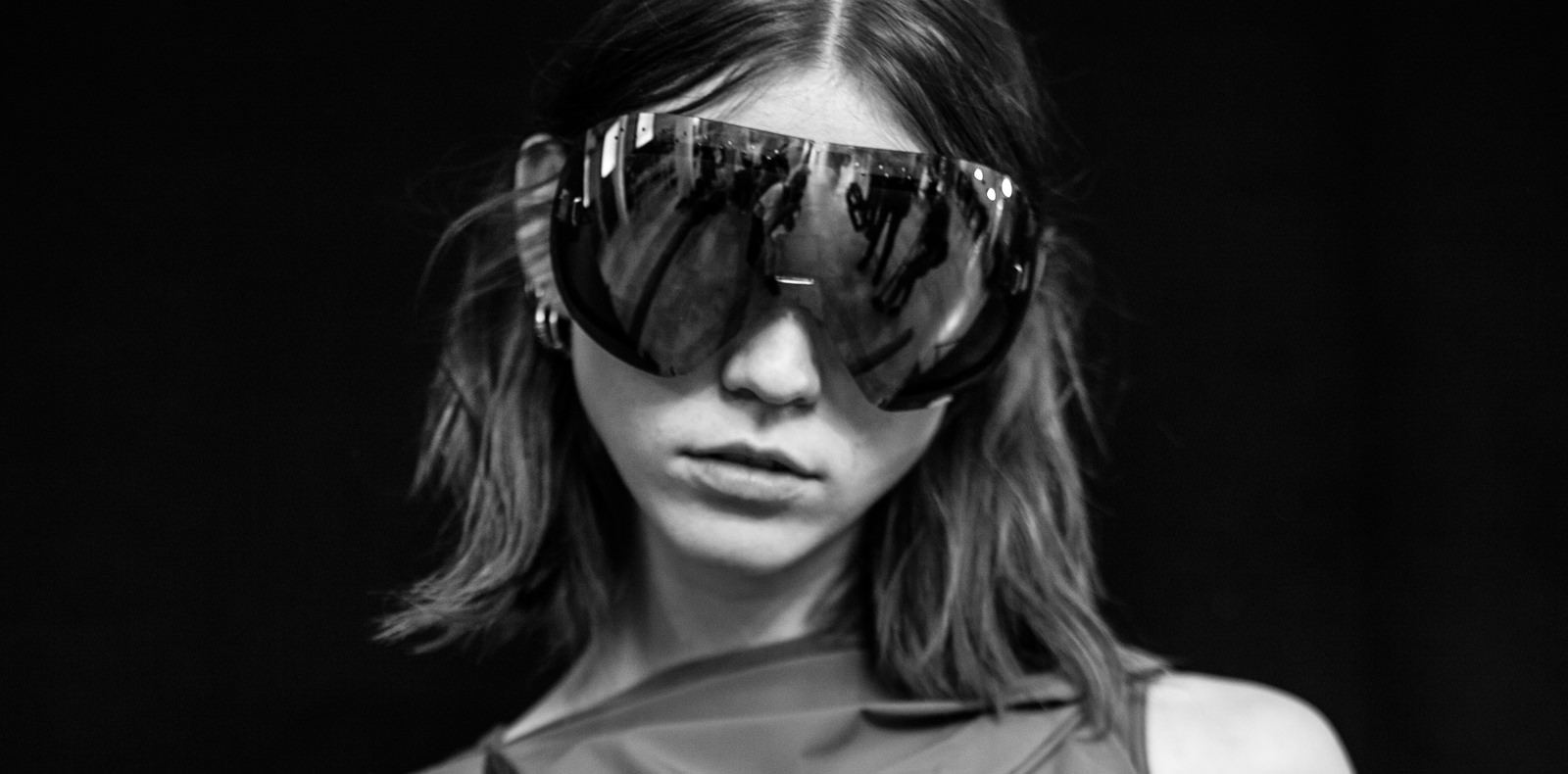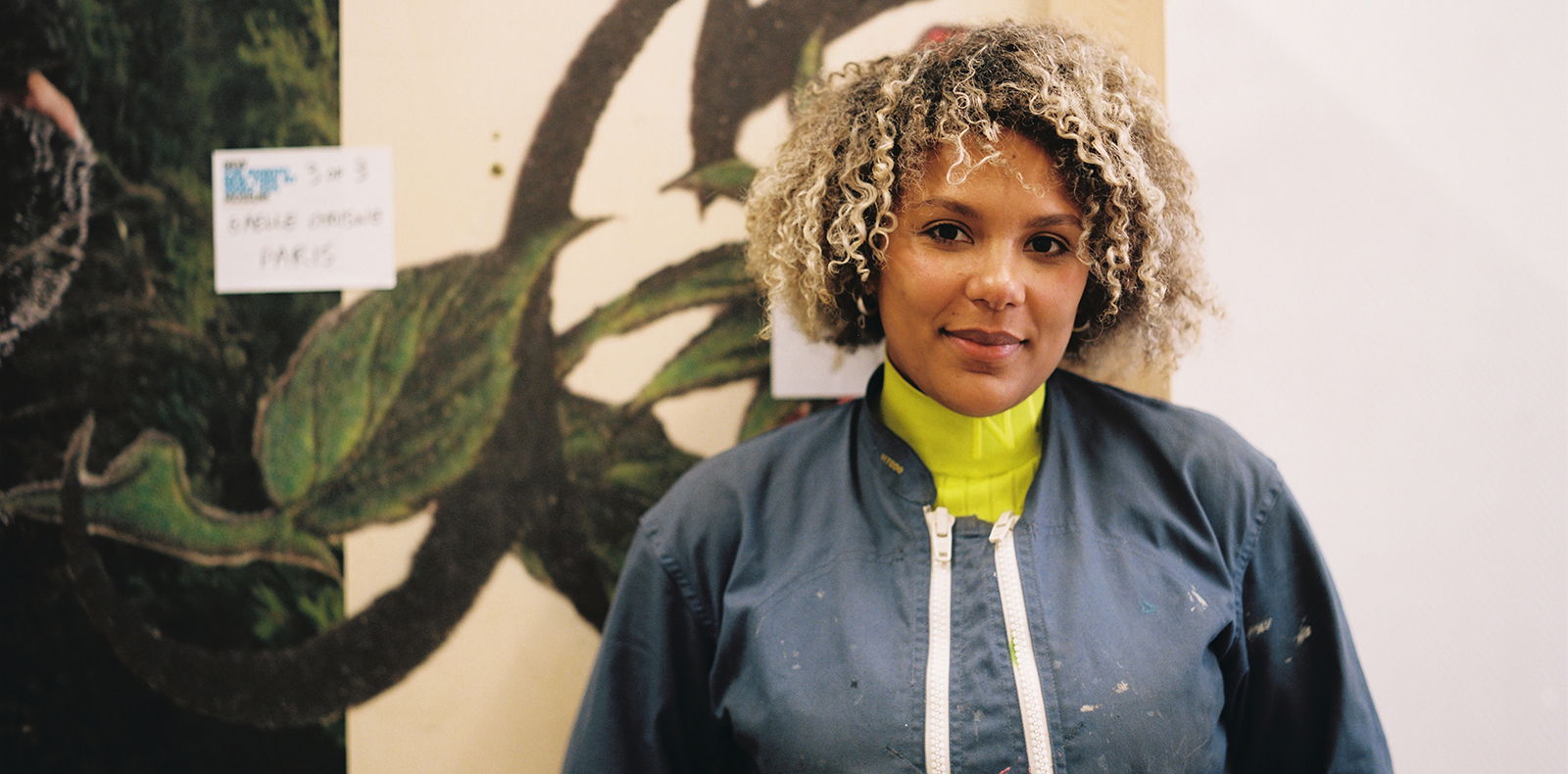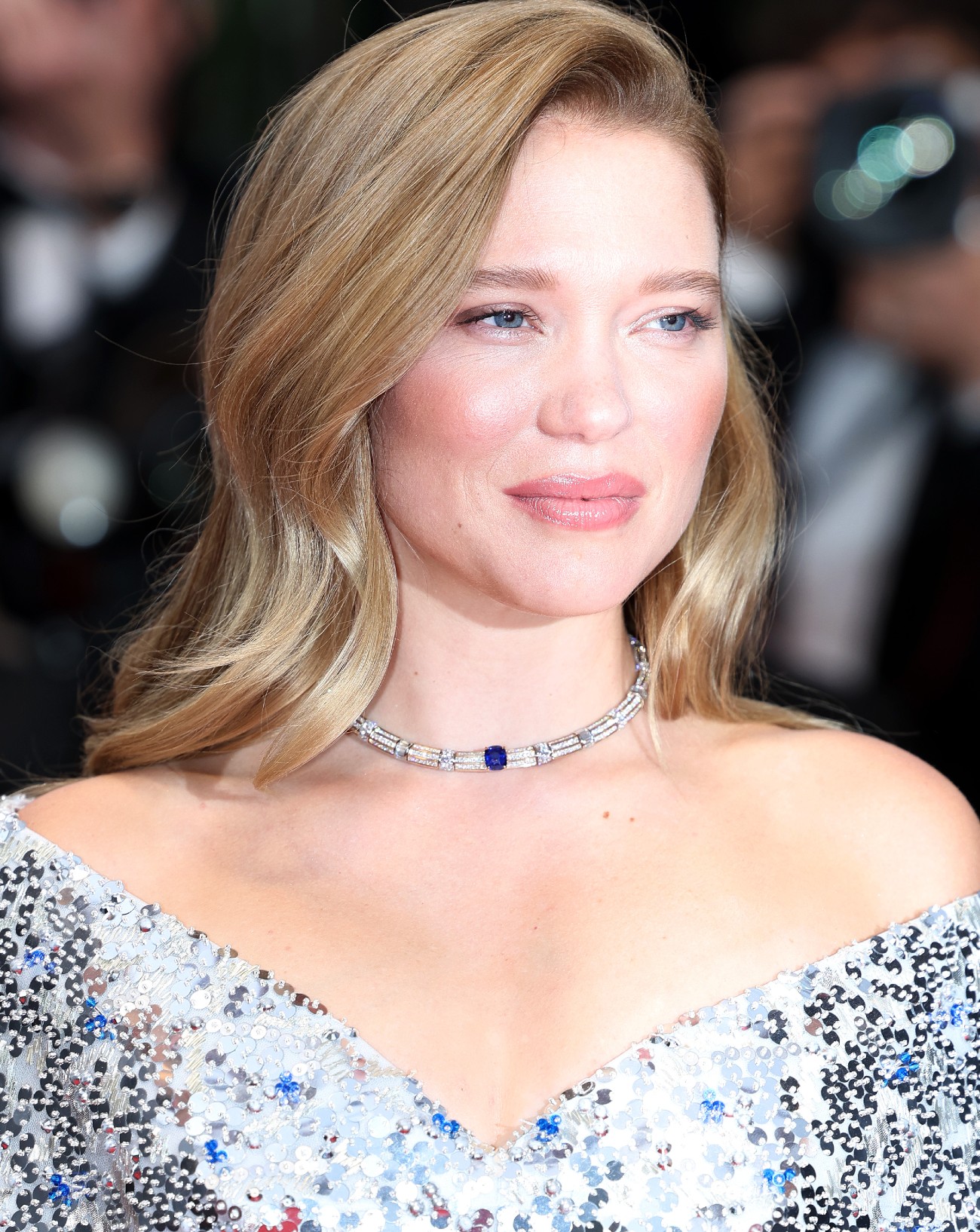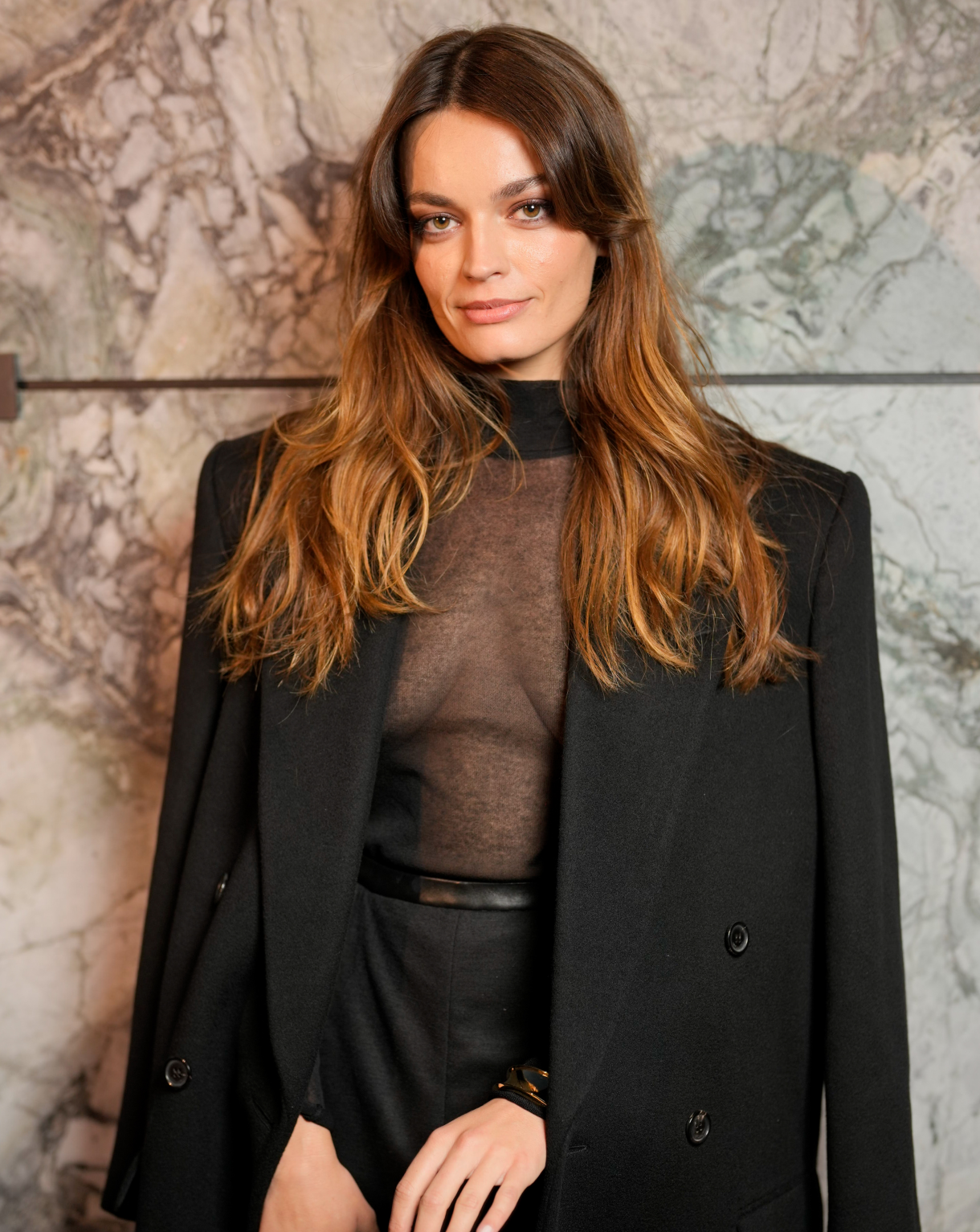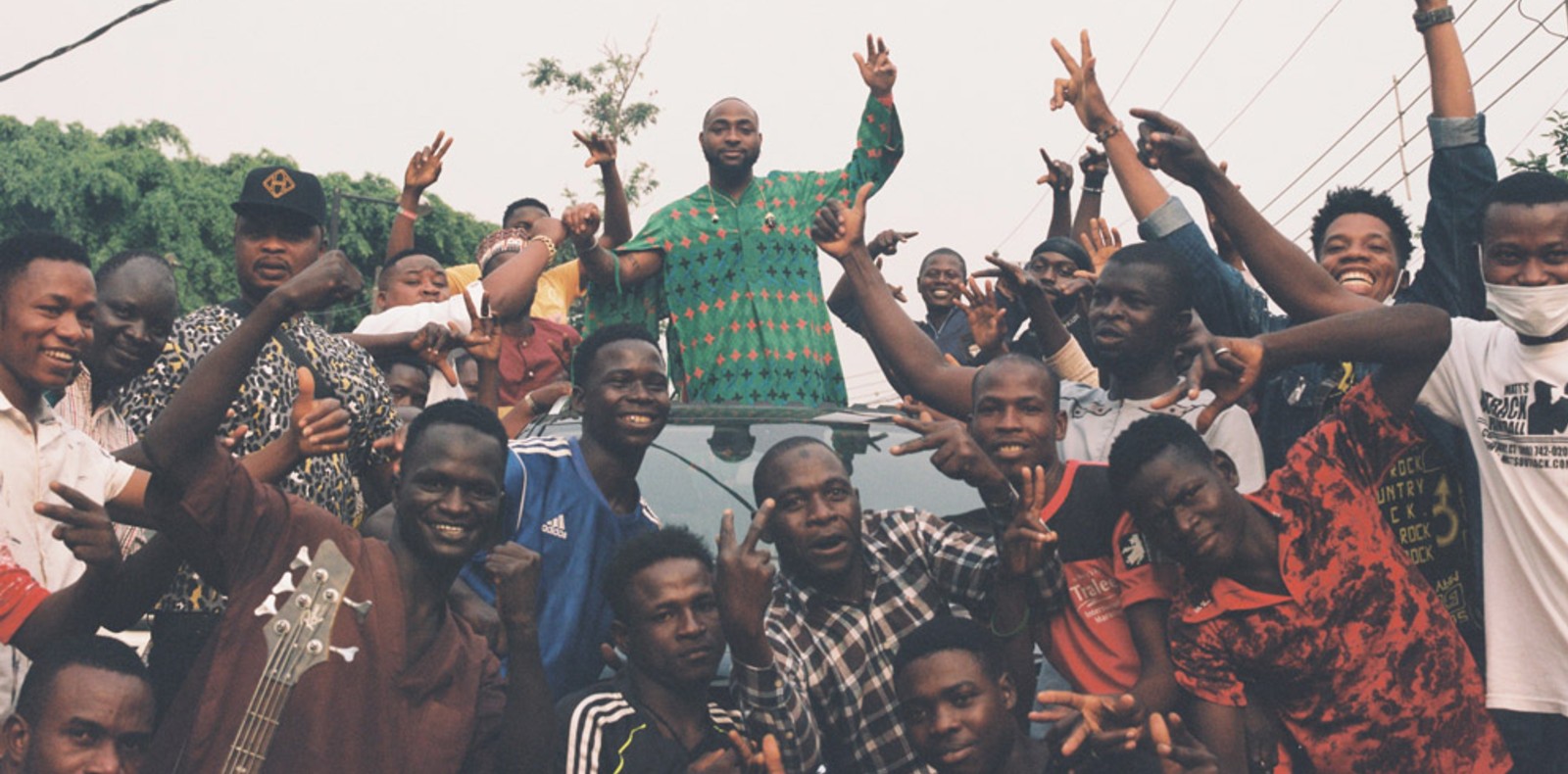
4
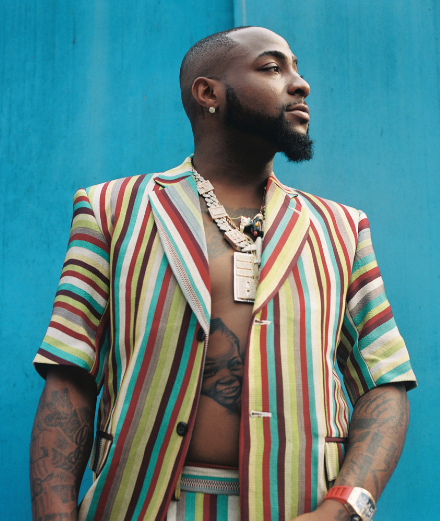
4
Davido: ambassador of afrobeats
Spearhead of the Afrobeats movement, which mixes African rhythms with global pop, Nigerian rapper Davido has become a planetary superstar, building bridges with the cream of American rap on his latest album A Better Time. He has also taken on a political role in Nigerian protests against police violence. Numéro caught up with him in the streets of Lagos.
By Delphine Roche.
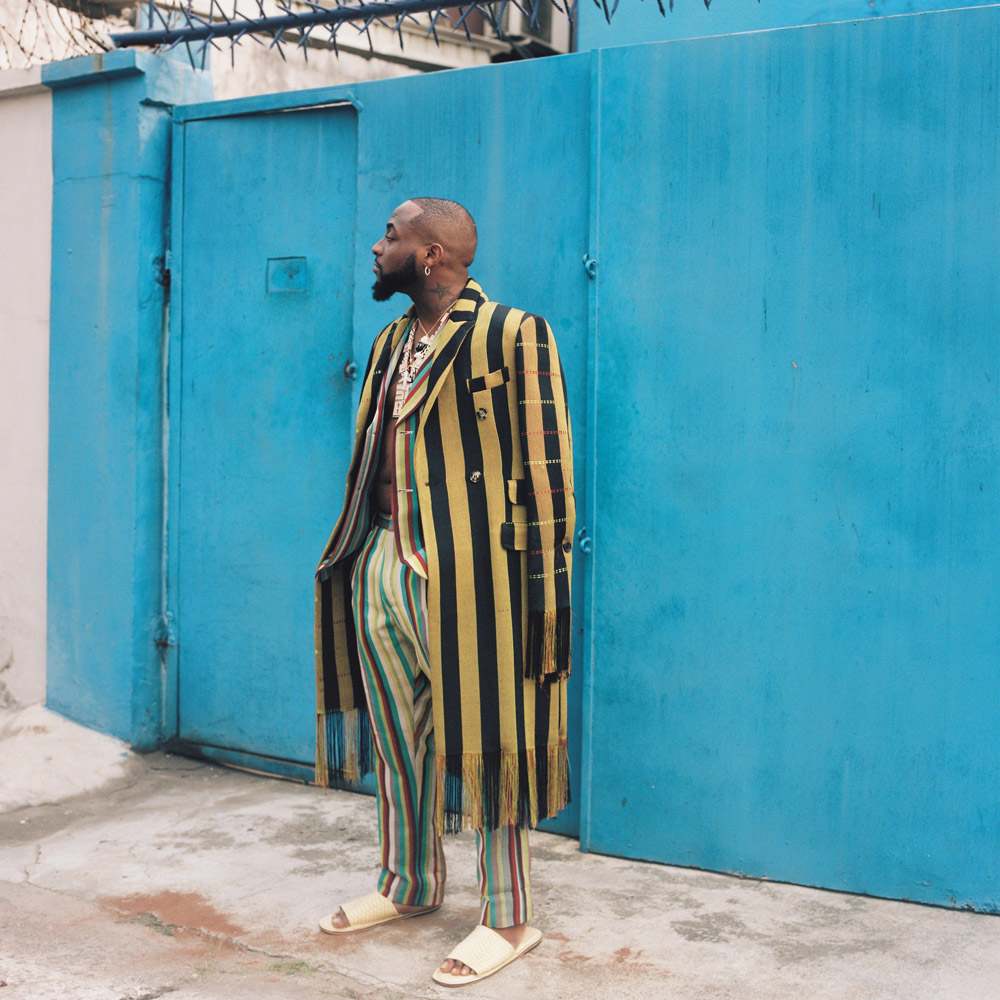
Davido sings of joy, the pleasures of flirting and of love… Although sometimes he calls on the haters to shut the hell up, as for example on the track Fem, one of those songs you can’t get out of your head after hearing it just once. Last October, it took on wider significance when it was adopted as an anthem by Nigeria’s youth during their demonstrations against police violence (the movement #EndSARS). A popstar with 18 million followers, David Adedeji Adeleke, as he was born, ended up joining the movement himself: on 18 October, he appeared at a demonstration in Abuja, the capital, and found himself on the front line, trying to stop the police from charging as they fired live ammunition into the crowd. “It was absolutely crazy,” he recalls, his voice tight with emotion. “The police were really firing at us… It’s hard for me to talk about it. We weren’t doing anything wrong, we were demonstrating peacefully. That they should react so violently… It’s really sad.” Afterwards he used his fame to bring the movement’s appeals – that gratuitous po- lice violence and harassment finally cease – to the attention of those in power, when he was received by Femi Gbajabiamila, spokesperson for the national assembly. Live-streamed, the event heralded a new role for Davido, one that earned him as much criticism as it did praise. “I just wanted to use the opportunity I had, thanks to my fame, to take the people’s message to parliament,” he explains, with a just a hint of weariness in his voice.
Which goes to show that it isn’t all roses for a star with 18 million followers on Instagram. Davido is one of the leaders of the Afrobeats scene – a movement born in West Africa, in particular Nigeria, and exported to England via the diaspora – which takes African instrumentation and rhythms and injects them with all the commercial efficiency of contemporary pop. The son of a very wealthy Nigerian businessman, Davido was born in Atlanta in 1992, and began university studies in the US before launching his full-time music career. “I had a hip-hop group in high school, then I evolved toward R’n’B and finally toward Afrobeats,” he recalls. In 2011, he achieved national fame with Back When, a collaboration with the Nigerian rapper Naeto C; a year later, he followed up with the single Dami Duro, and his first album, Omo Baba Olowo, confirmed his homegrown star status shortly after. Over the following years, Davido gained prominence on the world stage with unstoppable hits such as Fia, Fall, If, or Gang, the latter featuring Malian singer Aya Nakamura (who was born in Bamako but grew up in Seine-Saint-Denis, and is now the world’s most listened-to Francophone music star). Afrobeats was on its way to conquering the world, via the US and the UK, thanks to figures such as Davido, Wizkid and Burna Boy. Its dynamic is similar to Latin pop, which has developed a dialogue between Hispanophone stars the world over (Spaniard Rosalía, the Colombians J Balvin and Maluma, the Puerto Rican Bad Bunny, etc.) who have achieved success with powerful pop productions that feature local rhythms, all the while avoiding the trap of folklore or exoticism. Where, at the turn of the millennium, Colombian star Shakira went blonde and sang in English to achieve global fame, today Latin pop travels the world in its original Spanish. In the same way, contemporary Afrobeats stars mix English and Yoruba without the slightest hesitation. A figurehead in a movement that is exponentially growing, Davido feels it’s his mission to champion a music genre that has finally put Africa – the grandmother of blues, soul, rap and R’n’B – at the heart of global popular music. “All African musicians have a responsibility: they must make good music, and show the world the richness of our sound. This sound is ours, and we must take it as far as it can go.”
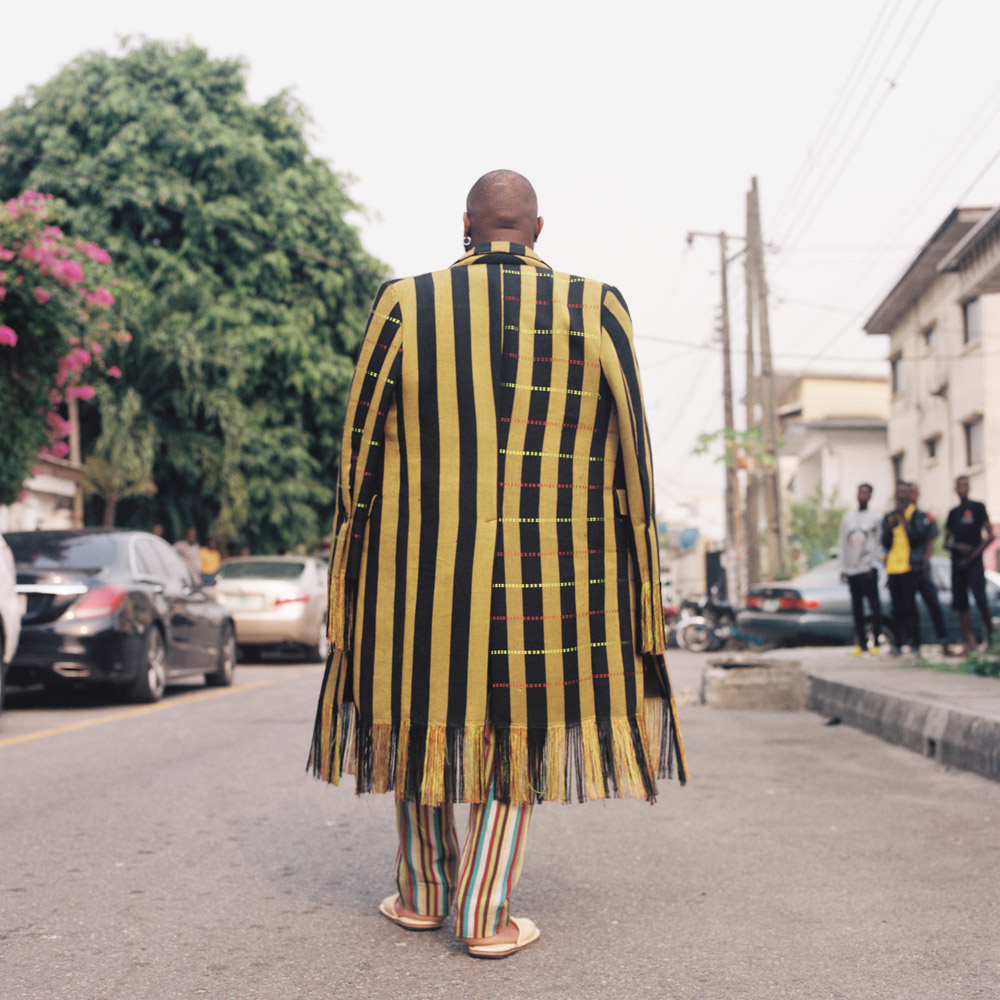
Proof that he’s getting there can be found on his second album, A Good Time, released in 2019, for which he united a dream cast of in- ternational stars, a tribute to the power of Afrobeats to bring together Africa and its diaspora in a fruitful creative dialogue. The track Blow My Mind pairs up Davido with R’n’B star Chris Brown, the song D&G celebrates the brand Dolce & Gabbana with the help of Summer Walker’s bewitching voice, while Atlanta rappers Gunna and A Boogie wit da Hoodie team up with the Nigerian Dre’mo on Big Picture, all to a back- drop of spare, taut rhythms. In November last year, Davido’s latest album couldn’t have come out with better timing, raising morale in Nigeria after an army shooting in Lagos during a demonstration against police violence. Fittingly en- titled A Better Time, it once again features a host of stars, and sees Davido diversify yet further his sound, alongside rap legends like Nas or the producer Hitboy (who has won numerous Grammy Awards, including for Jay-Z and Kanye West’s planetary hit Niggas in Paris), Nigerian stars CKay, Bella Shmurda and Tiwa Savage, as well as planetary megastar Nicki Minaj and American rapper Lil Baby.






